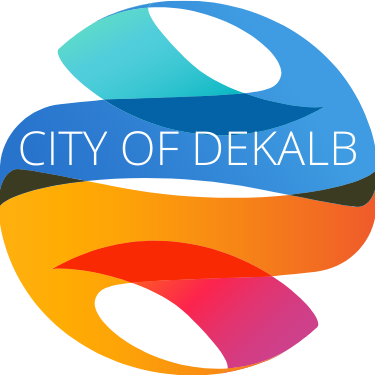By Kathryn Rice, Chair of the DeKalb Cityhood Movement
Recently, the Atlanta Regional Housing Forum hosted a forum on the rise of institutional investors in Atlanta. While the forum was much needed, it missed some important points that the DeKalb Cityhood Movement (DCM) shared with them.
First, DeKalb County (not mentioned during the forum) is the epicenter of this predatory investor crisis. DCM has been shedding light on this issue since January 2022 when we saw some serious side effects of gentrification. Realtor data for the period 2014 – 2021, showed home sale prices increased over 210% in southern DeKalb Zip Codes 30032, 30034, 30035, 30083, 30088 and 30058.
In February 2022, the Washington Post released an article on the institutional investor crisis. Predominantly Black areas are targeted. Of 40 real estate markets, Atlanta and Charlotte had the highest percentages of homes purchased by investors. In metro Atlanta, southern DeKalb County had the region with the highest percentages of institutional investor purchased homes. Six zip codes had over 50% of its homes purchased by institutional investors in 2021 leading the Atlanta Business Chronicle to label DeKalb as having the “biggest affordability crunch.”
Second, DCM’s position is that this is NOT an issue of affordable housing. The investor crisis affects affordable housing, but the primary target of predatory investors is existing homeowners. Because this issue is consistently being framed as or about affordable housing, those who already own a home are not tuning in. Property taxes are increasing significantly. Many homeowners on fixed incomes will not be able to afford to pay their taxes. Some are losing their homes and we expect more to come. Many who are selling their homes for what they think is a profit are unable to find a home to purchase nearby. And realtors are finding it difficult to find homes for people who want to live in them because investors, willing to pay more and take the homes “as is”, are snatching them up.
Third is the role of local government – what counties and cities can do. The Atlanta Regional Housing Forum treated counties and cities as if they were the same. However, it appears they may have different roles in this investor crisis. Next door to the City of DeKalb is the city of Stonecrest. The demographic and financial makeup are similar, yet the difference between their investor numbers and ours is stark (average of 50% in unincorporated DeKalb vs too few to be counted in Stonecrest). Other predominantly Black cities (Zip Code 30336 in the City of South Fulton and Zip Code 30273 in the City of Rex) also show too few investor purchases to be counted. Yet those cities are surrounded by high investor percentages. Why is that? Counties cannot go against what the state decides because they are state units. Cities with home rule are independent and can make their own rules (as long as they don’t go against state law).
In light of the above, DCM believes policy efforts should be expanded. We recommend the following.
- Frame this issue as an institutional investor housing issue so that existing homeowners understand their homes are the target. A lack of affordable housing is the byproduct as taxes rise and existing homeowners are pushed out.
- Legislation that stifles home rule and the ability of local government to protect homeowners from predatory investors should be replaced by legislation that allows for regulation of institutional investor density in defined areas.
- Both the county and cities should take steps to limit the artificial manipulation of the market. Both benefit from increased tax revenue but counties with larger areas that are much less affected have less incentive than cities to enact policies that protect homeowners.
- Information should be developed and shared regarding who, what, and how regulations can be authorized and implemented. To that end, DCM is facilitating a virtual People’s Housing Forum on June 29th @ 6 pm. Register at cityofdekalbga.com.
The forum is offered in the hope of stimulating discussions that will lead to southern DeKalb having better options to protect their homes and communities!


![Validate my RSS feed [Valid RSS]](https://web.archive.org/web/20240108205913im_/https://ocgnews.com/wp-content/uploads/2022/07/valid-rss-rogers.png)


